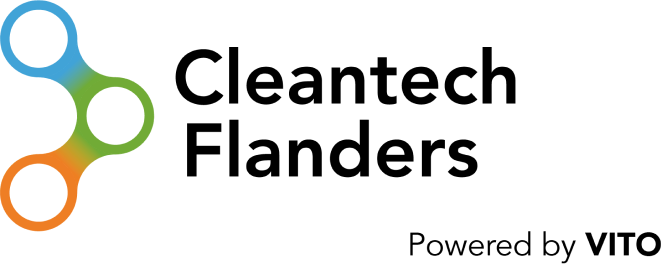Cleantech radiates optimism
Charlotte Struye & Frank Snijkers
How can cleantech contribute to more sustainability?
Frans Snijkers: “R&D in cleantech leads to new solutions that can find their way all over the world and thus contribute to the systemic transition to a sustainable world. That has a positive impact on the environment, the climate and on the economy, for example by creating new jobs. As a result, cleantech exudes optimism: it offers the prospect of a healthier society.”Charlotte Struye: “When you look at the clean technologies that we already have in Flanders, it’s quite impressive. The focus on a more sustainable world does really translate into new technologies that contribute towards our quality of life. Just look at water purification, mobility, circular economy and technologies that are changing our entire energy system forever.”
What role does Cleantech Flanders play in this?
Snijkers: ‘More and more companies are embracing sustainability by developing circular and future-proof solutions and initiatives. As an independent organisation, we connect cleantech players with each other and with traditional companies from different industries, promoting solutions and opportunities that tackle the climate challenge.”
Struye: “We also focus on getting to know people and technologies better in the Flemish cleantech community. Community building, building ecosystems … these concepts get bandied about more often these days, but we really believe that they are the key to success. They also help promote our know-how abroad in a holistic way.”
How is the promotion done internationally?
Struye: “We think it’s important to be an umbrella organisation for companies and stakeholders with a support base where there is room to promote and inspire each other. But we also want outsiders to have a good idea of what the cleantech ecosystem in Flanders entails. Spearhead clusters, knowledge and research centres, so-called innovative business networks and other organisations are, of course, also essential pillars in addition to the companies.
In terms of internationalisation, we work very closely with Flanders Investment & Trade as a structural partner. The recent expansion of their Science & Technology Offices also offers additional opportunities for our cleantech companies and will ensure that the companies can respond to opportunities abroad even more quickly.”
Coronavirus dominated everything last year. What lessons have you learned from the pandemic?
Snijkers: “That good cooperation between companies, policy-makers, knowledge institutes and citizens – the so-called -quadruple helix– approach – can make a society resilient to this kind of crisis. And that crises offer opportunities. For example, in the form of Green Deals. The rapid and adequate response of companies to acute problems in society caused by the pandemic are also good examples, such as the production of dry ice for cooling vaccines with Cold Jet cooling machines.”
And those opportunities do not just come up in local markets?
That’s right, look at China, which wants to become a world leader in technology and innovation by 2035. That way the country has already mapped out some key strategies, such as the New Silk Road and Made In China 2025. After the economic boom between 1980 and 2015, the focus has shifted in recent years and China has started the transition from a production or manufacturing economy to a modern service economy. The emphasis is no longer on high-speed growth, but on high-quality growth. Opportunities galore. The Cleantech Route China initiative of the five Flemish provinces, FIT and Cleantech Flanders is aimed precisely at supporting Flemish cleantech companies to access this enormous market.”
Struye: “Despite the many limitations, it remains important to be able to offer a varied plan of action. Keep an eye on our events calendar, because there are still plenty of opportunities coming up for Flemish companies”.
Can you give me an idea of what we can expect?
Struye: “We are present at international and national virtual fairs, organise webinars with partners to explore new markets, we launch this cleantech report … And in the autumn, foreign trade missions are being scheduled.
Moreover, we have recently launched our new “Cleantech Heroes” campaign. Every quarter, we elect a Cleantech Hero in a specific theme. In this way, we put companies in the spotlight in front of a broad audience. In the end, that’s what it’s all about: giving companies a stage and making them shine.
Frans Snijkers
Director Cleantech Flanders
Charlotte Struye
Deputy Director Cleantech Flanders


